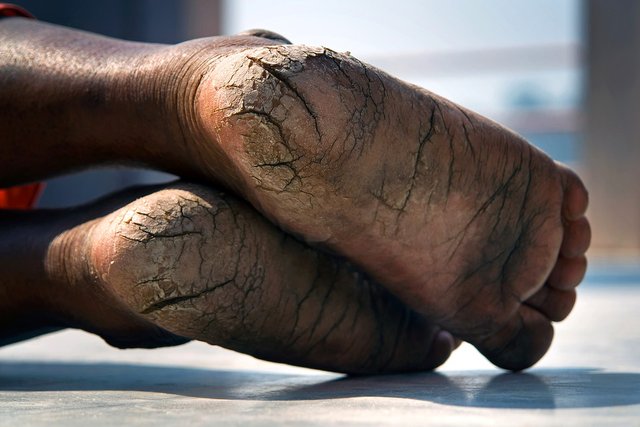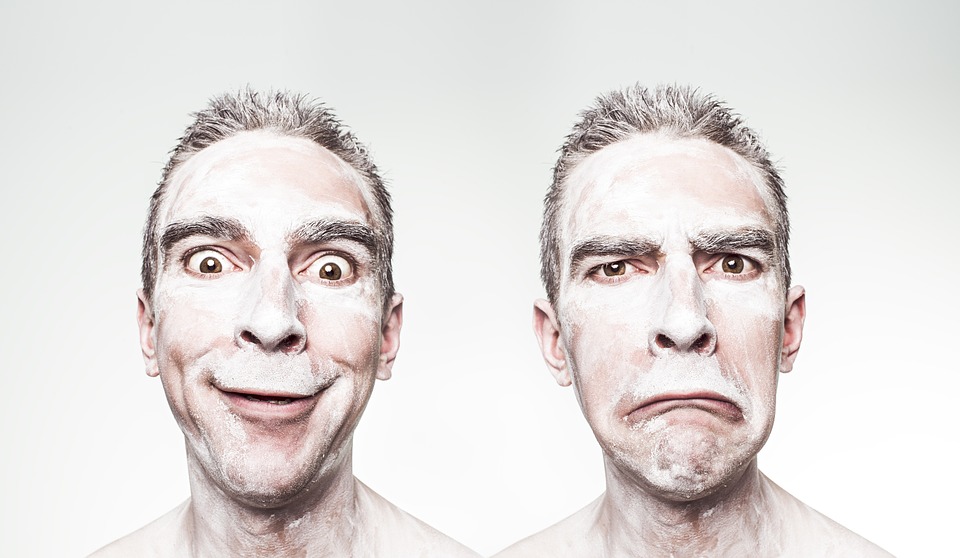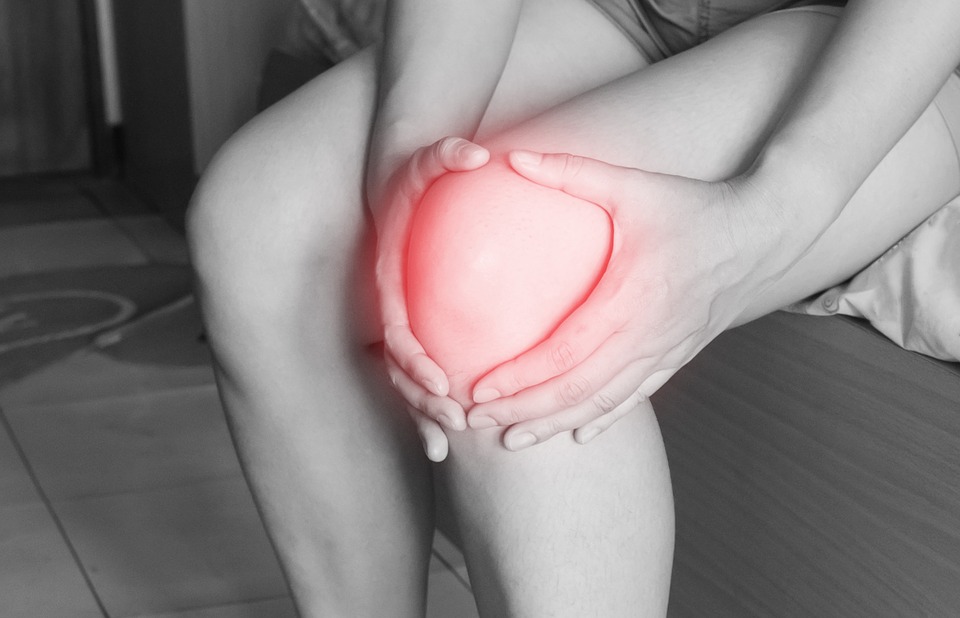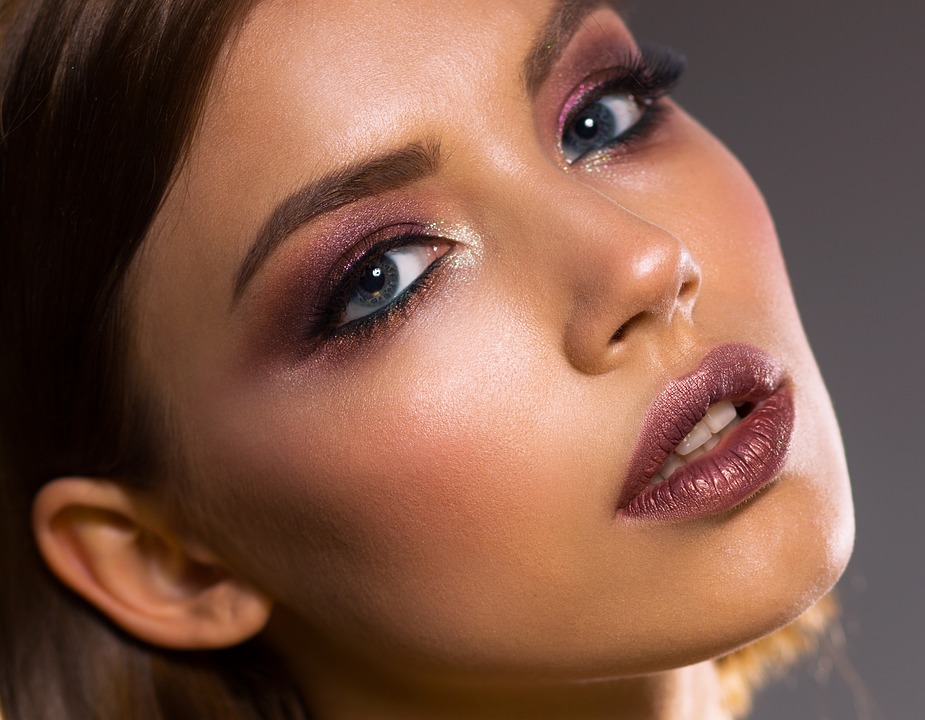The Human Skin Condition
Mother Nature gave us pimples, and then she made us self-conscious about them.
Humans are pimply. It's part of what sets us apart from the rest of the animal kingdom. While it's true that some form of acne vulgaris affects other species—it's been found in some Mexican hairless dogs and induced experimentally in rhino mice—acne is largely an affliction of our accursed species alone. (Somewhere between 85 and 100 percent of adolescents exhibit acne—and a significant minority of adults, too.) Why is the human animal so peculiar in its tendency to form volcanic comedones, papules, pustules, nodular abscesses, and, in some severe cases, lasting scars? According to evolutionary theorists Stephen Kellett and Paul Gilbert, we probably owe these unsavory blemishes to our having lost our apish pelts too rapidly for our own good

Although increasingly glaborous (hairless) skin evolved for adaptive purposes—it may have enabled our ancestors to keep cool, for example, while traveling across the hot savanna—the sure-footed pace at which genes for depilated flesh were selected posed some cosmetic problems. Kellett and Gilbert observe that the evolution of our sebaceous glands, which were accustomed to dealing with hair-covered flesh, lagged behind this change in our appearance. As a consequence, all that oily and waxy sebum, normally committed to lubricating fur, hadn't much fur to lubricate. So the sebum started to build up and clog our pores instead. (There are many issues that a person suffering from hypertrichosis—also known as "werewolf syndrome"—has to worry about, but acne tends not to be one of them.) Better this evolutionary account than pimples by intelligent design, in any event. What a heartless God indeed that would wind up the clock so that our sebaceous glands might overindulge in sebum production precisely at that time in human development when we'd become most acutely aware of our appearance.

It only makes matters worse that evolution has given us another distinctly human trait, and one that makes any outbreak of acne infinitely more upsetting. I'm referring, of course, to our crippling sensitivity to other minds. Although this statement is not without some controversy, it seems likely that other species do not share our fine-tuned facility at taking on the rich psychological perspective of others. (As I've mentioned elsewhere, humans are natural psychologists endowed with a "theory of mind.") If this is so, then seeing the flash of disgust, or even a more innocent curiosity, reflected in other human eyes whenever they steal away to our physical flaws, triggers in us an aversive state entirely original to our species. Anyone who ever has had a ripe, loathsome pimple placed strategically upon the tip of their nose by the epidermal fates has felt this painful interpersonal state.

Consider a scene from Jean-Paul Sartre's No Exit, in which three strangers come to realize that they've just been cast to Hell, which is, strangely enough, an average, furnished drawing room. The Devil's insidious rub, however, is that there are no windows, no mirrors, and no sleep permitted in this room. Even the characters' eyelids are paralyzed, disallowing them the simple luxury of blinking. Their exquisite little torture is for all eternity to be under one another's unrelenting glare. Inez, a sadistic lesbian, knows just how to push the buttons of the other female in the room. "What's that?" she asks, examining Estelle's face. "That nasty red spot at the bottom of your cheek. A pimple?"
"A pimple?" replies frantic, mirror-deprived, pampered debutante, Estelle. "Oh, how simply foul!"

Sartre's chthonic allegory bears a striking resemblance, in fact, to the sort of living hell that many acne sufferers report experiencing on an everyday basis. For a 2005 report in the British Journal of Health Psychology, for instance, psychologists Craig Murray and Katherine Rhodes interviewed, via email, around a dozen members of an online acne support group, who'd been prescribed antibiotics or hormone treatments for their condition and suffered from acne for at least a full year. "Michelle" eloquently describes what it feels like to meet someone new, face-to-face:
I can feel the self-consciousness slowly consume me as the conversation progresses. Eventually I cannot even retain my train of thought and become tongue-tied. I unravel. I do become overwhelmed at what others might be thinking—I don't usually assume what they might be thinking with any specificity. That would be too painful an endeavour. But I do give them a generalized voice. I acknowledge to myself that they have seen the acne and most likely think less of me due to its presence.

Another woman, "Laura," emails:
When I'm talking to people, I always stare them straight in the eye to watch if their pupils wander to other places on my face where I have a zit. And they usually do.
Speaking of thinking about others' thoughts, I know what you're thinking: Those who'd judge a book by its cover or ostracize a poor, pimpled pal in these ways ought to be scorned in public themselves. I very much agree. But in spite of our sympathy—perhaps empathy—for those suffering from such visible skin disorders, even the most kind-hearted among us appear to associate acne sufferers with undesirable characteristics. At least, these were the results reported by University of Sheffield psychologist Tracey Grandfield and her colleagues in a 2005 issue of the Journal of Health Psychology. Using a variation of the Implicit Association Test—an empirical measure used to get at people's unconscious attitudes and beliefs—the authors found that, compared with our ratings of clear-skinned individuals, we're quick to associate unpleasant concepts (brutal, bad, ugly, angry, aggressive, vomit, mean) with acne sufferers.
These authors, along with Kellett and Gilbert, reason that this unfair, unconscious, and visceral reaction to those with serious acne also betrays our evolutionary origins. Previous research indicates that significant disruptions of the skin surface—showing blood, pus, or flaking skin—elicit greater disgust and contamination fears among observers than "cleaner" disruptions, such as vitiligo or port-wine stains.

For many people, especially those who score high on the personality dimension of social sensitivity, acne is not simply a nuisance; rather it can seep ruinously into the individual's core self-concept and lead to severe mental health problems, even rivaling the distress associated with facial disfigurement from burns or accidents. One-third of New Zealand teenagers who described themselves as having "problem acne" had thoughts of suicide, one-quarter displayed clinically significant levels of depression, and one-tenth had high levels of anxiety. As long ago as 1948, clinicians Marion Sulzberger and Saide Zaidens concluded that:
It is our considered opinion that there is no single disease which causes more psychic trauma, more maladjustments between parents and children, more general insecurity and feelings of inferiority and greater sums of psychic suffering than does acne vulgaris.
That was more than 60 years ago and, of course, the acne-treatment industry has grown enormously since then. (So has the psychiatric subfield of psychodermatology.) Although not always without its own unpleasant side effects, there is an ever-flourishing pharmaceutical garden of ointments, creams, and pills today that the acne sufferers of pus-filled yore could only dream about. Still, not all such treatments are equally available to those with acne, there are considerable individual differences in response to drugs, and a fail-safe "cure" remains elusive. In fact, my suspicion is that, by contrast to previous generations, those who experience moderate to severe acne today find themselves even more depressed than those who came before. Just as overweight people who have tried every diet without success often report feeling powerless over their condition, anyone who has attempted unsuccessfully to rid himself or herself of acne with a wide range of treatment options may feel even more ashamed than ever.
It's little solace to these poor souls that the condition, like most other human traits, is determined by some combination of genes and environment. How, exactly, our DNA interacts with diet, face-washing habits, exposure to the sun, or any other factor, remains little understood. Yet, just as some members of that commiserating breed, the Mexican hairless dog, are more prone to acne than others, so, too, are some of us hairless apes. In balance, acne seems to have less to do with how we live than whose family we were born into. Intriguingly, and for reasons that are still unclear, certain human populations such as the Kitavan Islanders of Papua New Guinea and the Aché of Paraguay are spared the blackheaded plague. Although their diet and lifestyle are very different from our own, so are their genes.

Yes, less is more in the present case. Few of us are so lucky as to have the silken pelage of a Wookiee or find ourselves born an indigenous Kitavan Islander, and the lifelong zitless are extremely rare. The best-case scenario is that your skin isn't too much of a workaholic when it comes to sebum production, and so, like everyone else, you'll get only the occasional breakout here and there. Ideally, in terms of your psychological health, the pimples will be hidden somewhere over there, rather than here on that blinking marquee that is your face.
Whether your acne disappears by your teens or not until your 40s, your sebaceous glands will one day, I promise you, run dry as an ancient riverbed. Although you could have easily gotten lost in her glorious wrinkles, for example, I don't remember a single zit on my 89-year-old grandmother's face when that non-ethereal soul of hers was peaceably rehydrated by formaldehyde. So remember, all of you with reddened hides in hiding, those in sore, oozing discontent, acne is but a passing cosmetic calamity. There's no shame in shame, so ask for help if you need it. You aren't alone in your distress, but save some worrying for those slowly gestating, well-earned wrinkles to come. Above all, be kind to your inner ape that lost its fur in haste.
thanks for reading my post if you like it please upvote,follow,comments and resteem
thanks